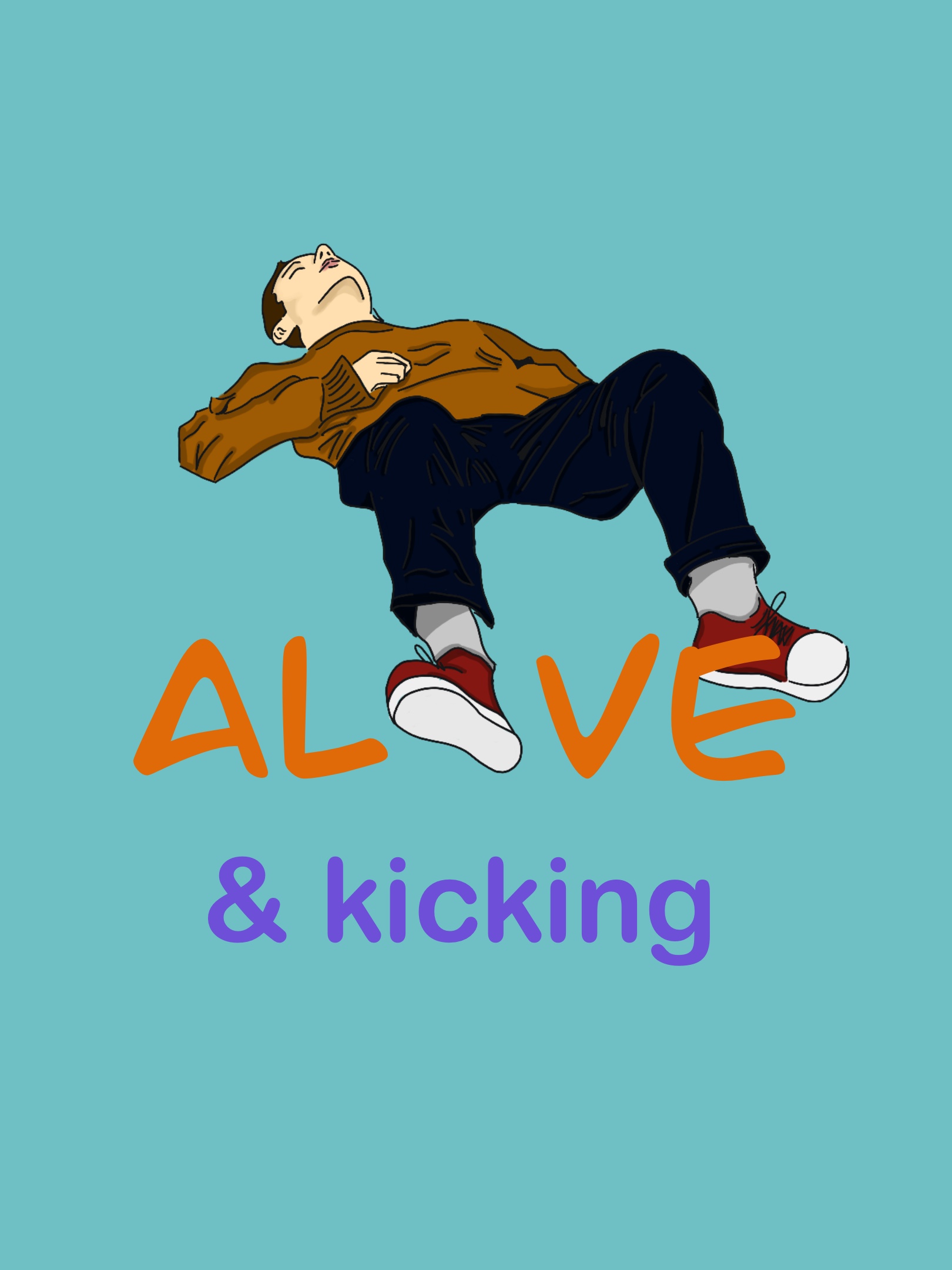Alive and Kicking
Gratitude is a Perspective
Gratitude is perhaps the most pervasive treatment plan that the well-intentioned prescribe to the sad, scared, or emotionally secluded. “Just look at all that you have to be thankful for,” they’ll say, gesturing politely—and perhaps a little sanctimoniously—to your dinner plate or goose-layered winter coat.
In theory, they’re entirely right. Gratitude is such a culturally pervasive practice that it’s impossible to deny its value in our emotional well-being. But in reality, it’s never that simple. As someone with obsessive compulsive disorder, this supposed “cure” always complicated my understanding of what my problem was to begin with.
At first, I was convinced that my adolescent (and undoubtedly abstinent) self had contracted HIV from my eighth-grade winter formal, but then I was wondering if perhaps this whole emotional and spiritual crisis had really just come around because I didn’t appreciate the holidays enough.
If your psychological disposition resembles mine even slightly (yippie!), then this whole notion that “you just need more gratitude” can sometimes become its own source of emotional distress. At first, you were only feeling depressed or anxious, but now you’re feeling depressed, anxious, and guilty.
I wrestled through this complicated and entirely irrational thought process for years and came to two conclusions: first, being grateful does not rewire your brain chemistry (this one should’ve been more obvious), and second, gratitude is a perspective on life not an emotional state.
A lot of my inner emotional conflict around gratitude came from an expectation that I could change my emotional disposition if I only thought harder about the bright side of life. If I recited everything I had to be grateful for, then this sickening and dissociative experience of consciousness would become easier. I expected (or hoped) that I could exercise some amount of control over my emotions by simply being thankful.
This isn’t the case. If you’ve ever spoken to someone who suffers from major depressive disorder or generalized anxiety disorder, you’ll realize quite quickly that most simple solutions—like counting your blessings—don’t contribute to any meaningful changes. If happiness was just a matter of remembering how great the final fight scene between Obi-Wan and Anakin is in Revenge of Sith, then people at funerals would be fist pumping the air like they just took a capsule of MDMA.
This explains point one: gratitude is not transformative. It won’t cure your headache or fix your depression, but that does not mean it’s not important. Although people who believe gratitude is a cure for all life’s misfortunes are offering the sentimental equivalent of a get-well card, there is some value in their understanding. The critical point of context, however, is tied into conclusion number two: gratitude is a perspective, not an emotional state.
Instead of seeking gratitude as a solution to your emotional turmoil or spiritual disorder, approach it as a philosophy that has the capacity to transform your relationship to the world around you. And before you start to condemn this rhetorical cliche, understand that the value of gratitude lies in the awareness and compassion it provides for you, not the happiness or fulfillment.
Consider these words by American novelist David Foster Wallace, “The really important kind of freedom involves attention and awareness and discipline, and being able truly to care about other people and to sacrifice for them over and over in myriad petty, unsexy ways every day.”
Freedom, like gratitude, is a thought, a belief, an idea—not a feeling.

